Applications
 Part of the Oxford Instruments Group
Part of the Oxford Instruments Group
Expand
Collapse
We are pleased to announce the first stop of our roadshow at the University of Oxford on Tuesday 30th June, 2.00 - 4.00 pm BST. You can watch the Roadshow on demand now!
We return again to our origins, where Sir Martin Wood founded ‘Oxford Instruments’ as the first commercial spin-off from University of Oxford 60 years ago.
2.00 pm: Welcome from University of Oxford and Oxford Instruments
3.00 pm: "Machine learning for quantum device measurement" by Dr Natalia Ares, University of Oxford
3.30 pm: "Fast radio-frequency measurement of quantum devices" by Dr Florian Vigneau, University of Oxford


Edward is Lecturer in Experimental Condensed Matter Physics at Lancaster University and a member of the Low Temperature Physics and Quantum Nanotechnology groups. Following an undergraduate degree at Oxford University, he completed a PhD at Harvard University working on spin qubits in semiconductor quantum dots. Following his PhD, he completed a postdoc at Delft University of Technology, where he developed qubit and mechanical devices based on carbon nanotubes. Following an RAEng Research Fellowship at Oxford, he moved to Lancaster in 2018. his research focus is quantum electronics in nanoscale devices. For more information, see http://wp.lancs.ac.uk/laird-group/.
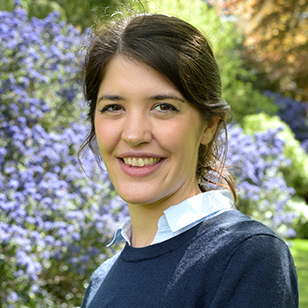
Natalia is a Royal Society University Research Fellow at the University of Oxford. She focuses on the use of machine learning for automation of quantum device control and on thermodynamic experiments at the nanoscale. For her PhD, at CEA Grenoble, she investigated electronic transport and spin control in SiGe devices for quantum computation. She completed a masters in quantum chaos at University of Buenos Aires, Argentina, where she did her undergraduate in physics.
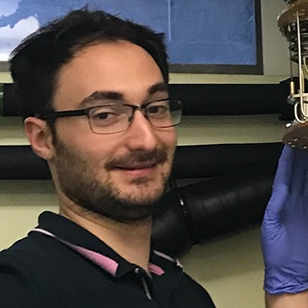
After getting his PhD from the University of Toulouse on quantum electronics in nanowires, Florian worked for two years at CEA, in Grenoble, studying hybrid superconducting-semiconducting quantum devices. Since January 2019, he has been working, at the materials departments of the University of Oxford, on spin qubits and nanomechanical resonators.
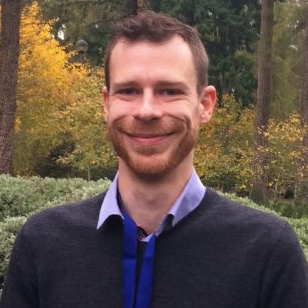
James Robinson graduated with a Materials Science degree from Oxford University. He has a background in Plasma Technology prior to joining Oxford Instruments Nanoscience as a Product Manager for the company’s ultra low temperature systems. Responsible for the new Proteox® system, James has developed a vast knowledge of it’s usability and unique features that makes it an ideal alternative tool for the low temperature research.
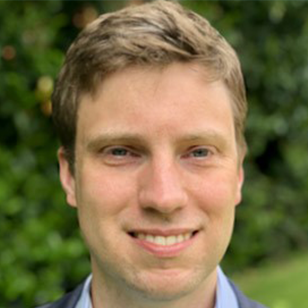
Dr Edward Laird, Lecturer in Condensed Matter Physics, Lancaster University
By incorporating moving parts into quantum electronic circuits, we can create new devices for sensing delicate forces and for exploring quantum physics on a mesoscopic scale. This is the field of quantum electromechanics, in which motion joins voltage and current among the circuit’s working degrees of freedom.
To realise the full potential of this field, we must create nanomechanical resonators that can be protected from environmental noise, measured accurately, and manipulated in precisely controlled ways. Suspended carbon nanotubes – resembling vibrating guitar strings only a micron long – are the smallest electromechanical resonators that can be built, and are uniquely suited to address these requirements. I will show how to create circuits in which their properties are harnessed for sensing and fundamental physics.
I will describe how we fabricate high-quality carbon nanotube resonators, and how we characterize them using time-resolved electrical measurements. We have realised this goal by devising a cryogenic optomechanical setup in which the nanotube’s displacement is monitored via a radio-frequency cavity1. As I will show, this allows sensitive measurements that reveal the effects of individual electrons on the motion.
In these nanomechanical experiments, backaction is an inescapable accompaniment to measurement2. Often this is a nuisance, but we have harnessed it to create an acoustic analogue of a laser. The lasing medium is a quantum dot defined along the nanotube; the phonon cavity is provided by the vibrating segment; and the excitation is provided by an electrical bias. I show that the resulting emission is coherent, and demonstrate other laser characteristics, including injection locking and feedback narrowing of the emitted signal3. Unlike previous phonon lasers, this is a novel architecture in which measurement backaction, rather than stimulated emission, drives the self-amplified oscillations.
These experiments open exciting prospects for creating new probes of matter in the mesoscopic regime. I will discuss the potential for measuring viscous forces in superfluid helium, and for ultra-sensitive scanning force transducers to acquire magnetic resonance images with nanometre resolution.
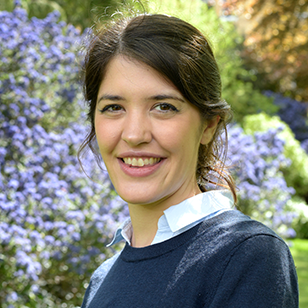
Dr Natalia Ares, Royal Society Research Fellow, University of Oxford
In a quantum device, a large set of parameters have to be carefully tuned to find the conditions in which it operates as a qubit. The difficulty in characterising and tuning each device has been so far a major hindrance for the scalability of quantum circuits, since these tasks quickly become intractable for large arrays of quantum devices. Automation is needed but device characteristics vary non-monotonically and not always predictably with control signals, making device characterisation and tuning extremely complex tasks to automate.
I will show how a machine learning algorithm can perform efficient quantum device measurements. This algorithm decides in real time which measurement would be the most informative to perform next, significantly reducing measurement times. I will also demonstrate how an algorithm can tune a ‘virgin’ double quantum dot device to operating conditions, without the need of specifying a device architecture, and in a fraction of the time that it requires manually.
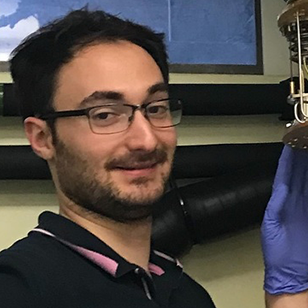
Dr Florian Vigneau, Postdoctoral Research Assistant, University of Oxford
Fast measurements are required in various quantum technologies and research. We use technics, like reflectometry, based on the propagation of radiofrequency waves, to probe, with high speed and sensitivity, the electrical impedance of quantum devices in a dilution refrigerator. To enhance the sensitivity further, we use SQUID amplifiers that provide 10 dB of gain with negligible noise. This setup is used to measure the state of spin qubits and to study the motion of nanomechanical resonators.
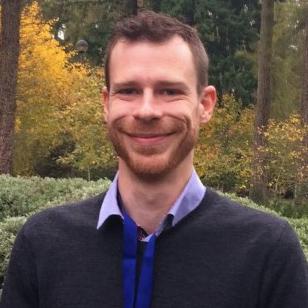
James Robinson, Product Manager, Oxford Instruments
This webinar provides an overview of the new Proteox dilution refrigerator from Oxford Instruments, highlighting the key features and suitability for many quantum computing and qubit scale-up applications. The Proteox system is an essential tool for low temperature researchers, providing advanced research capability. It enables a step change in Cryofree system modularity, designed for enhanced adaptability, reliability and increased experimental capacity. If you are dealing with low temperature experiments, don’t miss this webinar.
Our technical and commercial teams will be here on the event page throughout the roadshow for live chat to answer any questions about our systems.